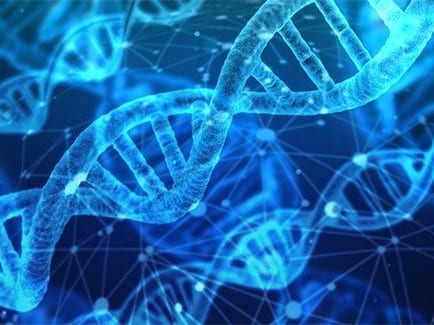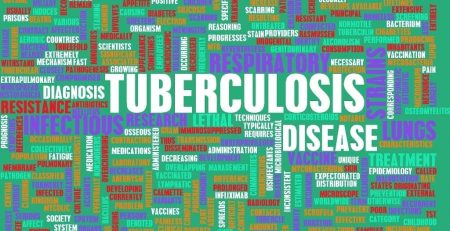New Study Finds Endometriosis Linked to DNA in Uterine Cells
Endometriosis is a chronic and painful disease that occurs when tissue similar to the lining of the uterus begins to grow in other places, typically the ovaries and fallopian tubes. This condition affects one-in-10 women and its cause is still unknown.
Now, new NIH-funded research has found DNA from uterine cells of women with endometriosis has different chemical modifications, compared to the DNA of women who do not have the condition. The changes involve DNA methylation (the binding of compounds known as methyl groups to DNA) which can alter gene activity. The methylated DNA also varied according to the severity of endometriosis and responded differently to hormones involved in the menstrual cycle.
“The findings raise the possibility that differences in methylation patterns could one day be used to diagnose endometriosis and develop customized treatment plans for patients,” Stuart B. Moss, Ph.D., of NICHD’s Fertility and Infertility Branch, said in a statement.
In this study, researchers analyzed the cells that regulate the lining of the uterus known as endometrial stromal fibroblasts and compared methylation across DNA regions and differences in gene functioning in cells from women who did not have endometriosis or any other gynecological disorder to those of women with stage I endometriosis and women with stage IV endometriosis. They also analyzed the methylation patterns and gene functioning after cells were exposed to a form of estrogen alone, progesterone alone, and a combination of the two.
They found that methylation patterns and gene functioning differed among all groups of cells before exposure to the hormones, with exposure to each individual hormone, and to the combination of the two. According to Linda C. Giudice, M.D., Ph.D., who conducted the study along with her colleagues at the University of California, San Francisco, the “differences in methylation and gene functioning between stage I and stage IV endometrial cells could mean that the two may be distinct subtypes of endometriosis, rather than different degrees of the condition.”
“The data indicate that the proper interactions of hormones and DNA methylation are critical in normal uterine function,” the study’s lead author Sahar Houshdaran, Ph.D. “The changes in these interactions that we’ve seen could play a role in infertility that often accompanies endometriosis.”














